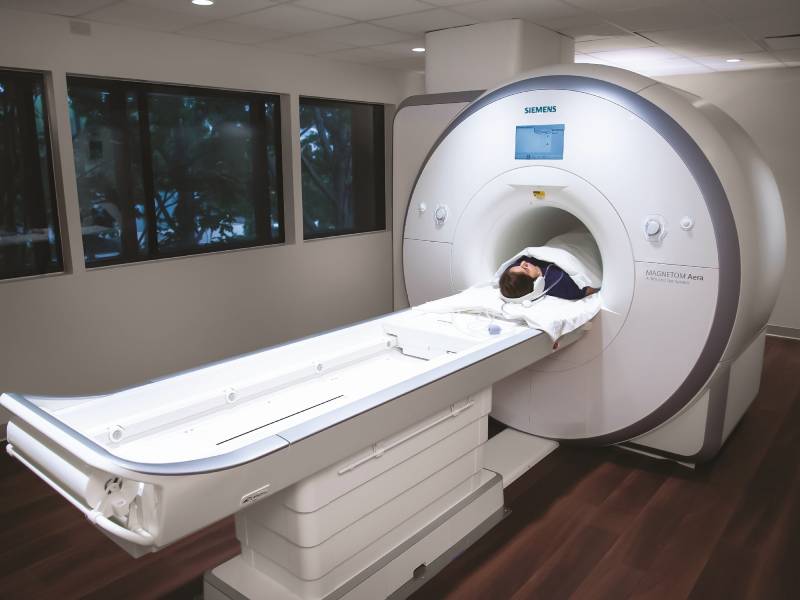Cardiac MRI (magnetic resonance imaging) uses a powerful magnetic field, radio waves, and a computer to produce detailed pictures of the structures within and around the heart.
Your doctor may recommend a cardiac MRI for you to:

Generally, an cardiac MRI follows this process:
There is no radiation exposure during cardiac MRI. You can’t have an MRI if you have a:
Dr. Kartik Bhosale provides the best treatment for various heart diseases in Pune and Pimpri-Chinchwad . For more information about our comprehensive treatment options, or to request an appointment with the best cardiologist in Pune call +91 8420070081 / +91 8420070082 or Click on Book Appointment for online booking with your near hospital.
WhatsApp us
